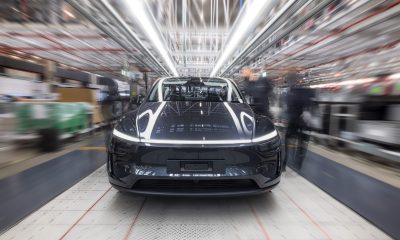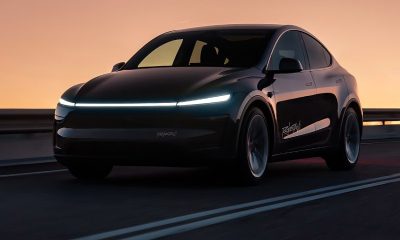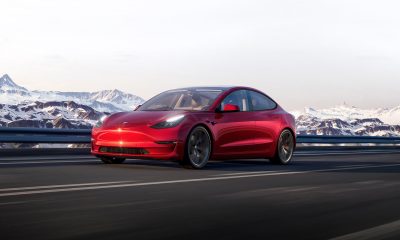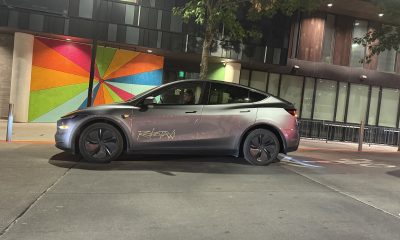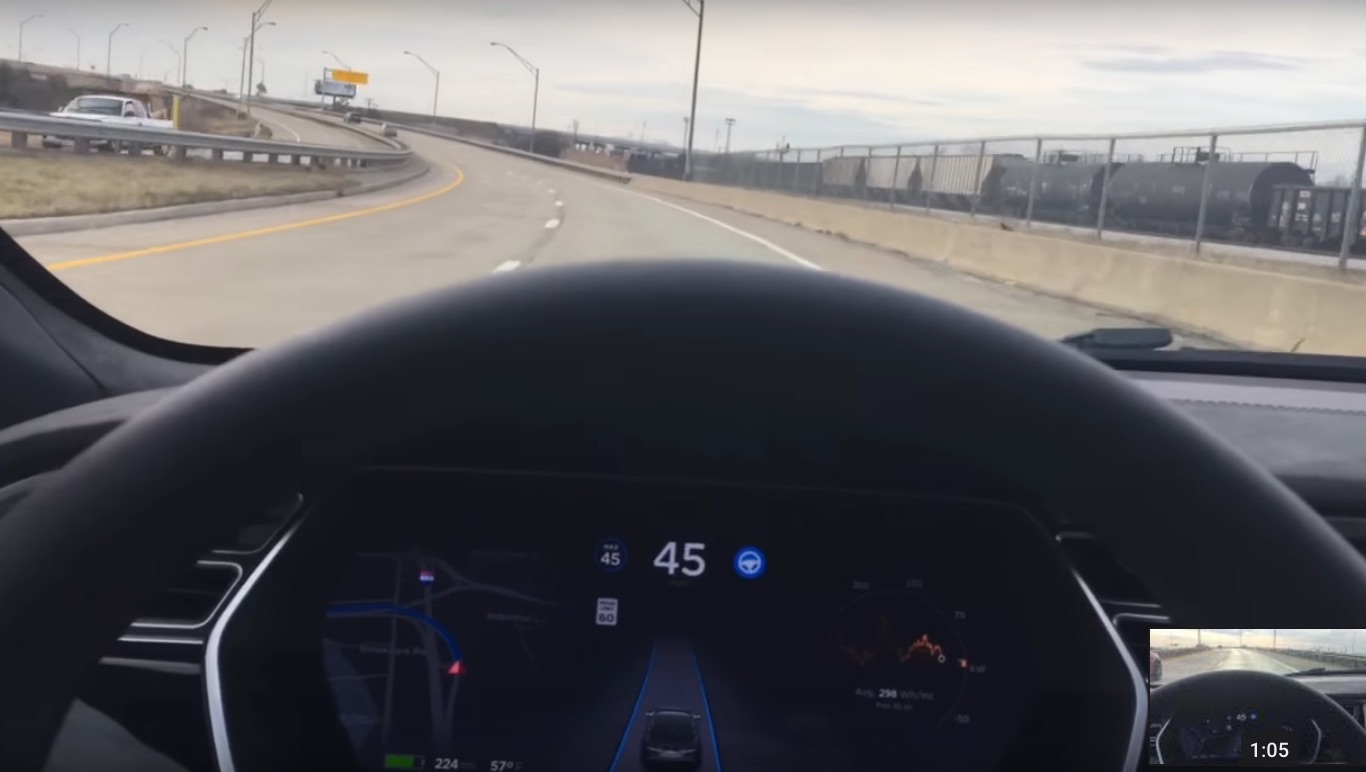
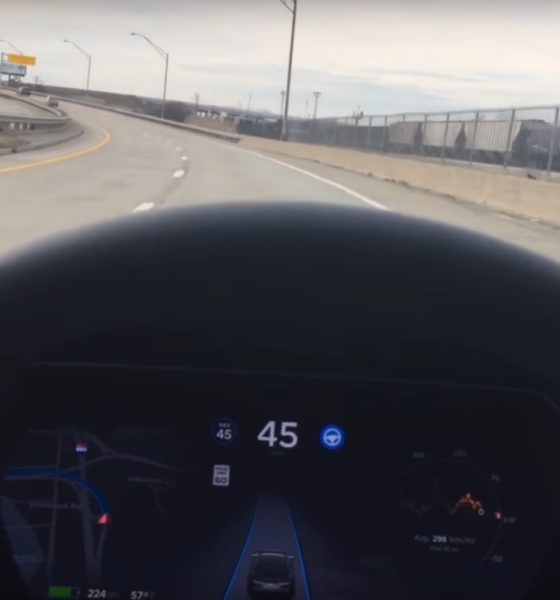
News
Self-driving car legislation paves way for Tesla Autopilot development
The House passed a bipartisan driverless car bill Wednesday, paving the way for Tesla and other manufacturers to develop autonomous vehicles without having to hurdle substantial legislative barriers.
The bill opens the playing field for companies to develop and test new driverless technology without having to answer to individual state legislators. In addition to relaxing laws on the implementation of the technology, the bill also grants car manufacturers with the ability to deploy up to 100,000 self-driving vehicles per year that don’t meet standard safety regulations. The first year will be capped at 25,000 autonomous cars.
For Tesla, relaxed regulation means it has more freedom to test and develop driverless technology.
States will still be responsible for things like vehicle registration, insurance and driver education. Lawmakers say the bill is crucial in allowing for a potentially safer driving experience.
“Self-driving cars have the potential in the future to reduce deaths and injuries from car crashes, particularly those that result from driver distraction,” Rep. Frank Pallone Jr. (D-NJ), said on the House floor according to The Hill. “This bill allows for testing and deployment of self-driving cars to help the United States reach that potential sooner.”
As CEO Elon Musk and Tesla’s Autopilot Vision team forge ahead with AI development, reports have surfaced that the company could be close to its first cross-country autonomous trip.
In early May, Musk boldly said that the journey could occur within the next few months.
(In) “November or December of this year, we should be able to go all the way from a parking lot in California to a parking lot in New York with no controls touched in the entire journey,” Musk said.
This kind of trip would be a major accomplishment for both Tesla and autonomous vehicle technology as a whole. With new, relaxed legislation, Tesla fans everywhere are hoping Tesla will be able to complete the journey from Lost Angeles to New York on or ahead of schedule.
Elon Musk
Tesla Board Chair discusses what is being done to protect CEO Elon Musk
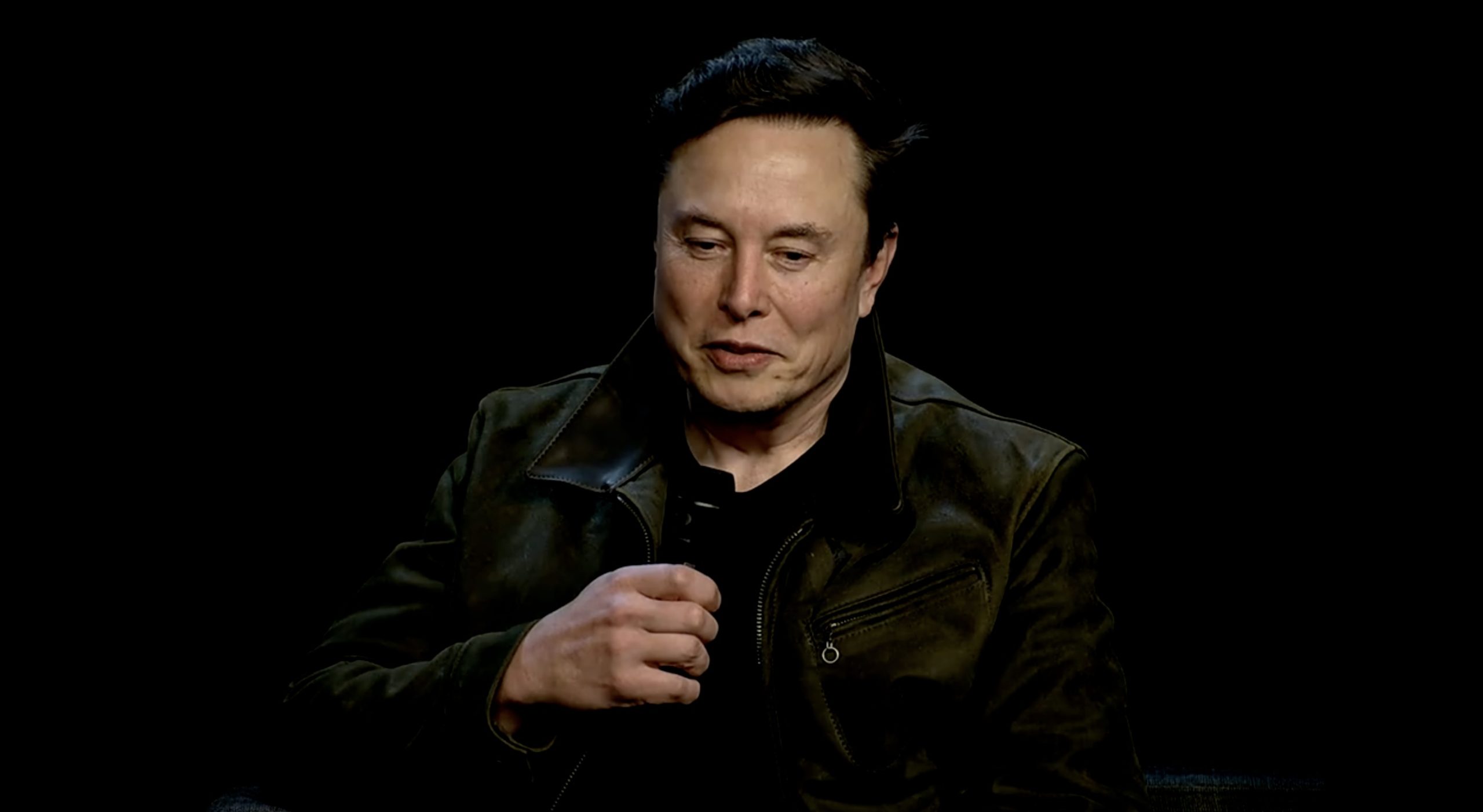
Tesla Board Chair Robyn Denholm met with Bloomberg this morning to discuss a variety of topics, but perhaps one of the most interesting was her comments on what is being done to protect company CEO Elon Musk.
After the assassination of right-wing political commentator Charlie Kirk this week, there have been concerns about Musk’s safety, as well as that of other high-profile business leaders and political figures.
Earlier this week, Musk said himself that his security detail would be increased significantly following Kirk’s death, a move that many investors and fans of the company had requested because of political violence.
Elon Musk assures Tesla investors he will enhance his security detail
“Definitely need to enhance security,” Musk said. Tesla spent $3.3 million on Musk’s security in 2024 and January and February 2025. For reference, Meta spent over $27 million on Mark Zuckerberg’s security last year, which is higher than any other tech CEO.
During Denholm’s appearance on Bloomberg TV earlier today, she stated that the company has been focused on Musk’s security detail for “many years,” especially considering he is one of the richest people on Earth and holds an incredible amount of influence.
“It is something that we take very seriously; he takes it very seriously as well. So, again, from a board perspective, it is something we’ve discussed at length,” Denholm said.
Tesla Board Chair Robyn Denholm on increased security for CEO Elon Musk:
— TESLARATI (@Teslarati) September 12, 2025
Denholm added that she believes “there is not anyone in a boardroom that is not touched by what has happened with Charlie Kirk.”
Although Musk’s political involvement has toned down significantly in the past, he still has enemies, especially based on groups that oppose him and the company specifically. Based on this week’s events, it feels that increased security is a necessary expense Tesla must account for.
Investor's Corner
Tesla bear turns bullish for two reasons as stock continues boost
“I think from a trading perspective, it looks very interesting,” Nathan said, citing numerous signs of strength, such as holding its 200-day moving average and holding against its resistance level.
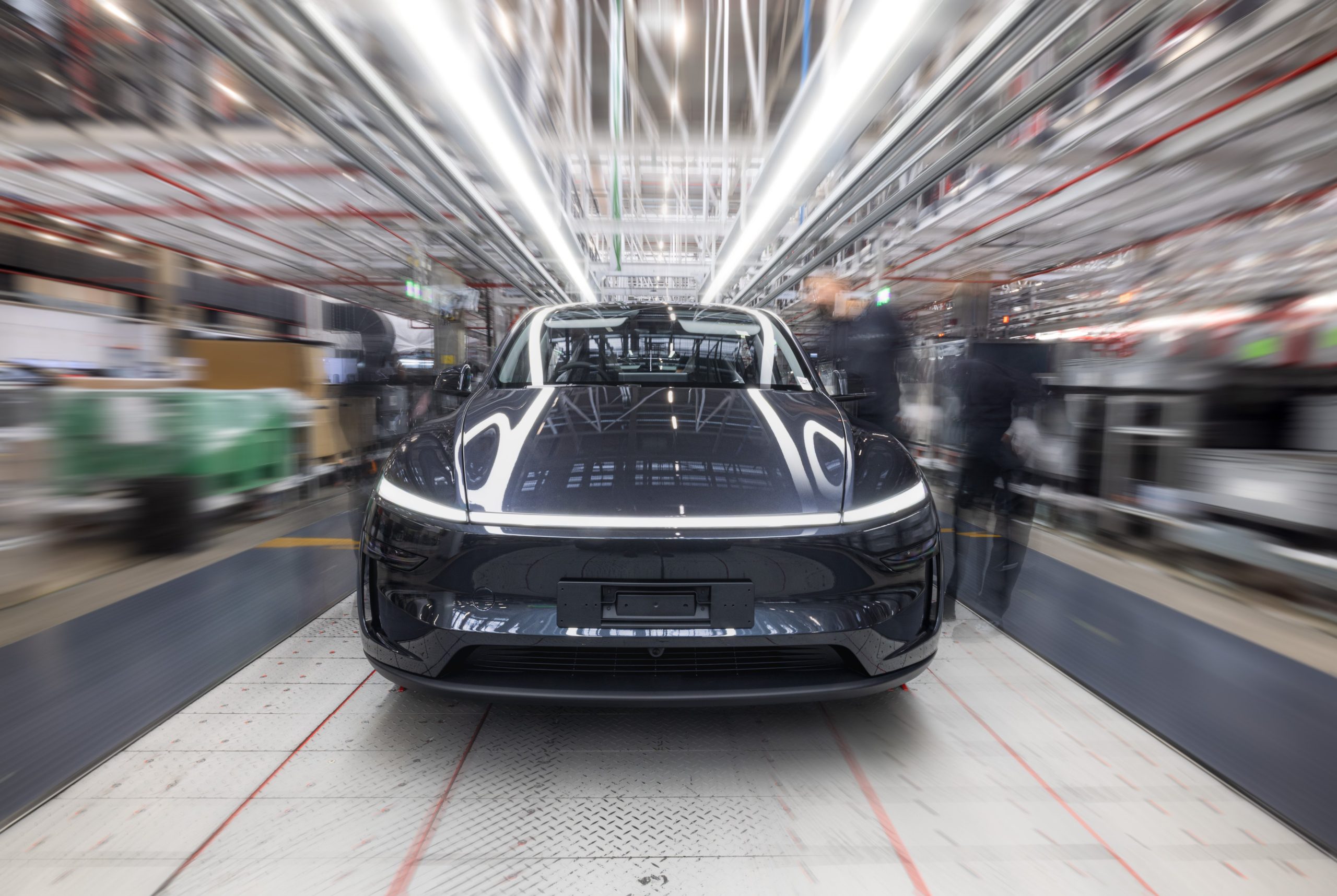
A Tesla bear is changing his tune, turning bullish for two reasons as the company’s stock has continued to get a boost over the past month.
Dan Nathan, a notorious skeptic of Tesla shares, said he is changing his tune, at least in the short term, on the company’s stock because of “technicals and sentiment,” believing the company is on track for a strong Q3, but also an investment story that will slowly veer away from its automotive business.
“I think from a trading perspective, it looks very interesting,” Nathan said, citing numerous signs of strength, such as holding its 200-day moving average and holding against its resistance level.
He also said he believes a rally for the stock could continue as it heads into the end of the quarter, especially as the $7,500 electric vehicle tax credit is coming to an end at the end of the month.
With that being said, he believes the consensus for Q3 deliveries is “probably low,” as he believes Wall Street is likely underestimating what Tesla will bring to the table on October 1 or 2 when it reports numbers for the quarter.
Tesla bear Dan Nathan has flipped his script on Tesla $TSLA shares, citing “technicals and sentiment”
— TESLARATI (@Teslarati) September 12, 2025
Tesla shares are already up over five percent today, with gains exceeding nine percent over the past five trading days, and more than fourteen percent in the past month.
While some analysts are looking at the performance of other Mag 7 stocks, movement on rates from the Federal Reserve, and other broader market factors as reasoning for Tesla’s strong performance, it appears some movement could be related to the company’s recent developments instead.
Over the past week, Tesla has made some strides in its Robotaxi program, including a new license to test the platform in the State of Nevada, which we reported on.
Tesla lands regulatory green light for Robotaxi testing in new state
Additionally, the company is riding the tails of the end of the EV tax credit, as inventory, both new and used, is running extremely low, generally speaking. Many markets do not have any vehicles to purchase as of right now, making delivery by September 30 extremely difficult.
However, there has been some adjustments to the guidelines by the IRS, which can be read here:
Tesla is trading at around $389 at 10:56 a.m. on the East Coast.
News
Tesla lands regulatory green light for Robotaxi testing in new state
This will be the third state in total where Tesla is operating Robotaxi, following Austin and California.
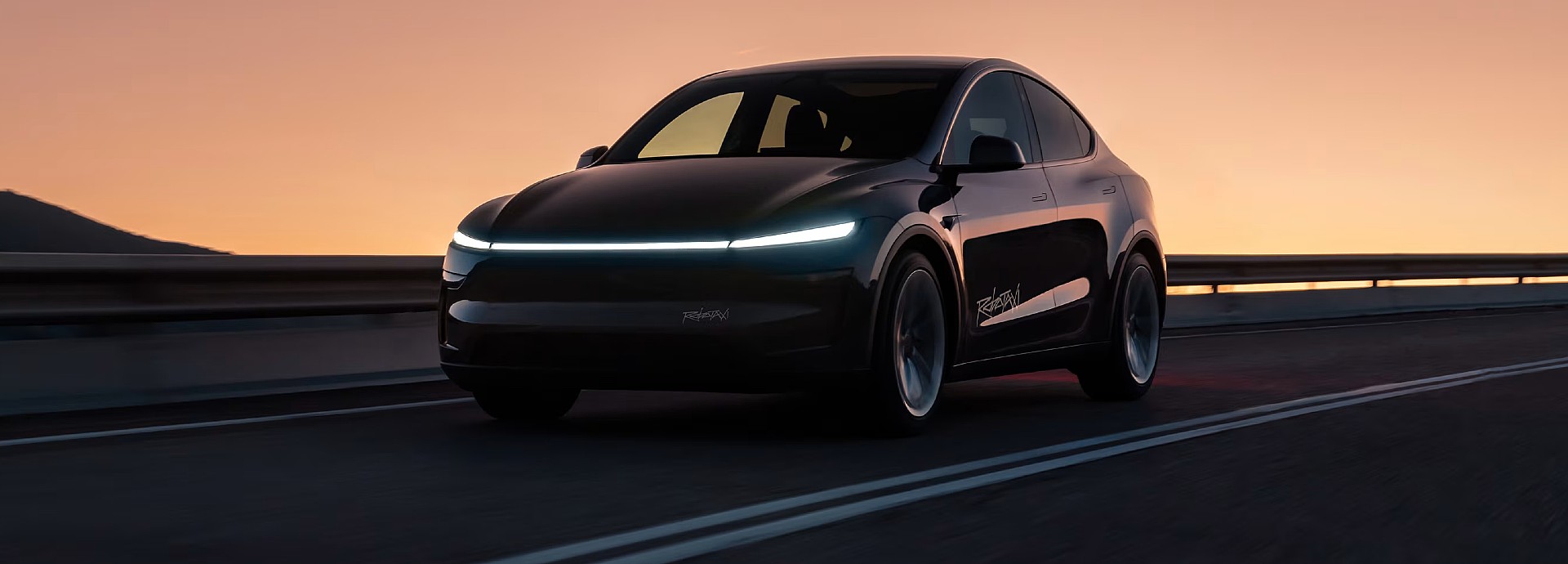
Tesla has landed a regulatory green light to test its Robotaxi platform in a new state, less than three months after the ride-hailing service launched in Texas.
Tesla first launched its driverless Robotaxi suite in Austin, Texas, back on June 22. Initially offering rides to a small group of people, Tesla kept things limited, but this was not to be the mentality for very long.
It continued to expand the rider population, the service area, and the vehicle fleet in Austin.
The company also launched rides in the Bay Area, but it does use a person in the driver’s seat to maintain safety. In Austin, the “Safety Monitor” is present in the passenger’s seat during local rides, and in the driver’s seat for routes that involve highway driving.
Tesla is currently testing the Robotaxi platform in other states. We reported that it was testing in Tempe, Arizona, as validation vehicles are traveling around the city in preparation for Robotaxi.
Tesla looks to make a big splash with Robotaxi in a new market
Tesla is also hoping to launch in Florida and New York, as job postings have shown the company’s intention to operate there.
However, it appears it will launch in Nevada before those states, as the company submitted its application to obtain a Testing Registry certification on September 3. It was processed by the state’s Department of Motor Vehicles Office of Business Licensing on September 10.
NEWS: Tesla has officially received approval from the Nevada DMV to start testing autonomous vehicles (robotaxis) on public roads.
Today, I confirmed directly with the Nevada DMV that @Tesla‘s application to obtain a Testing Registry certification was approved by the DMV Office… pic.twitter.com/hx5JhHBFiD
— Sawyer Merritt (@SawyerMerritt) September 11, 2025
It will then need to self-certify for operations, essentially meaning they will need to comply with various state requirements.
This will be the third state in total where Tesla is operating Robotaxi, following Austin and California.
CEO Elon Musk has stated that he believes Robotaxi will be available to at least half of the U.S. population by the end of the year. Geographically, Tesla will need to make incredible strides over the final four months of the year to achieve this.
-
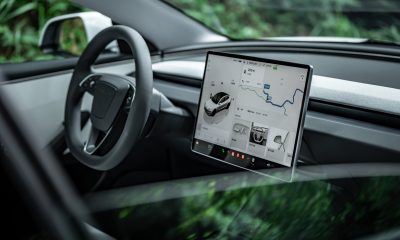
 News2 weeks ago
News2 weeks agoTesla is overhauling its Full Self-Driving subscription for easier access
-
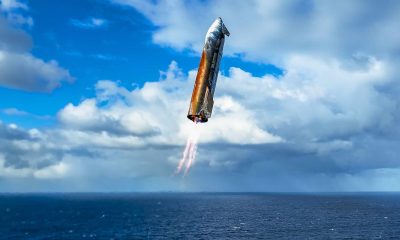
 Elon Musk2 weeks ago
Elon Musk2 weeks agoElon Musk shares unbelievable Starship Flight 10 landing feat
-
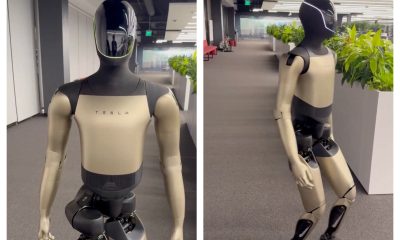
 Elon Musk1 week ago
Elon Musk1 week agoTesla’s next-gen Optimus prototype with Grok revealed
-
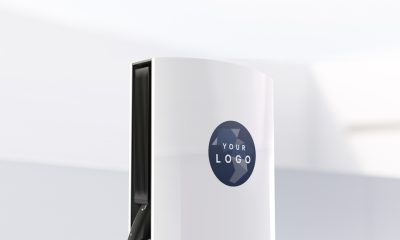
 News7 days ago
News7 days agoTesla launches new Supercharger program that business owners will love
-
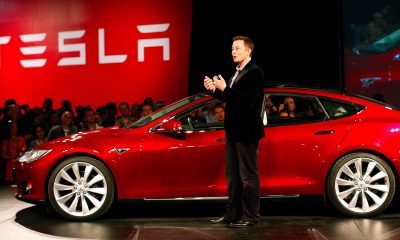
 Elon Musk6 days ago
Elon Musk6 days agoTesla Board takes firm stance on Elon Musk’s political involvement in pay package proxy
-
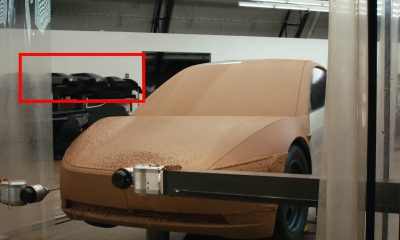
 News2 weeks ago
News2 weeks agoTesla appears to be mulling a Cyber SUV design
-
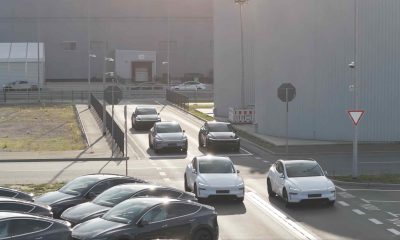
 News1 week ago
News1 week agoTesla deploys Unsupervised FSD in Europe for the first time—with a twist
-
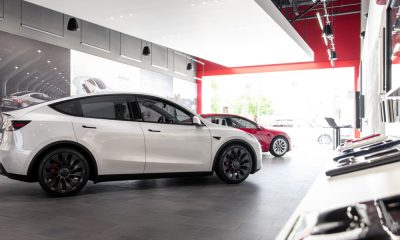
 News2 weeks ago
News2 weeks agoTesla expands crazy new lease deal for insane savings on used inventory




